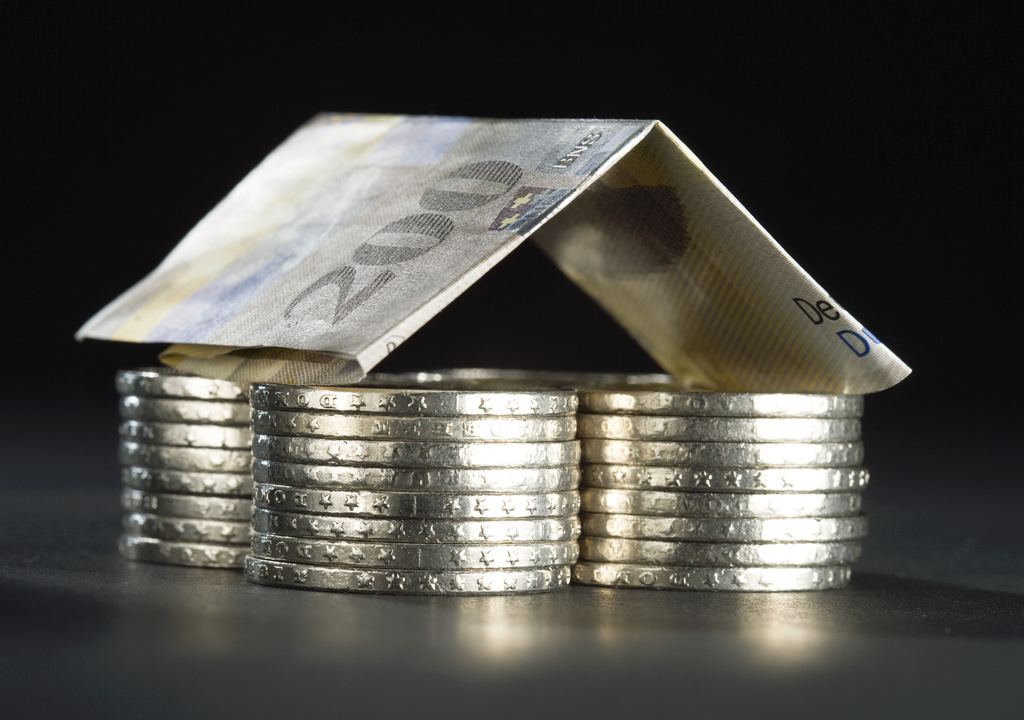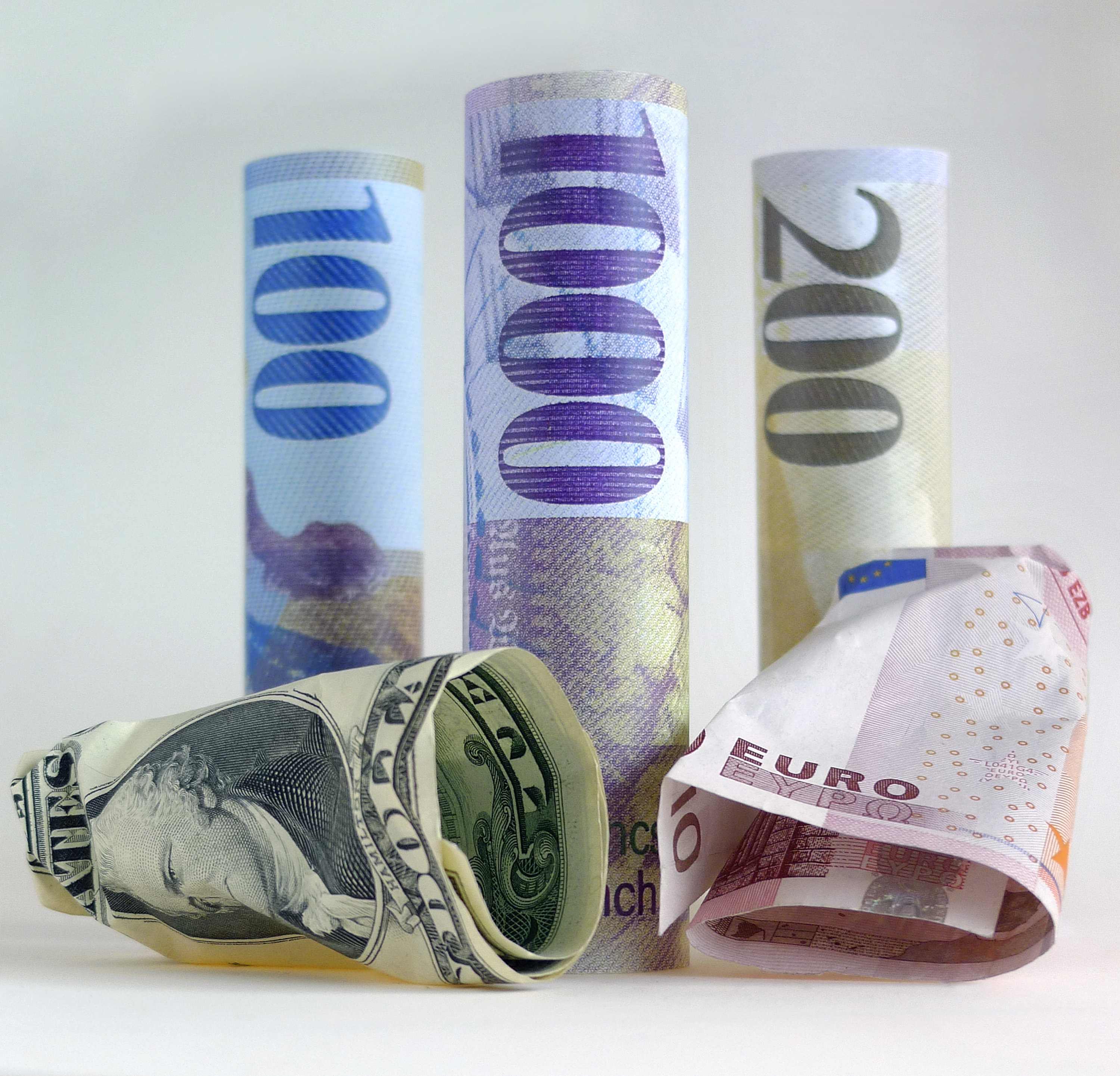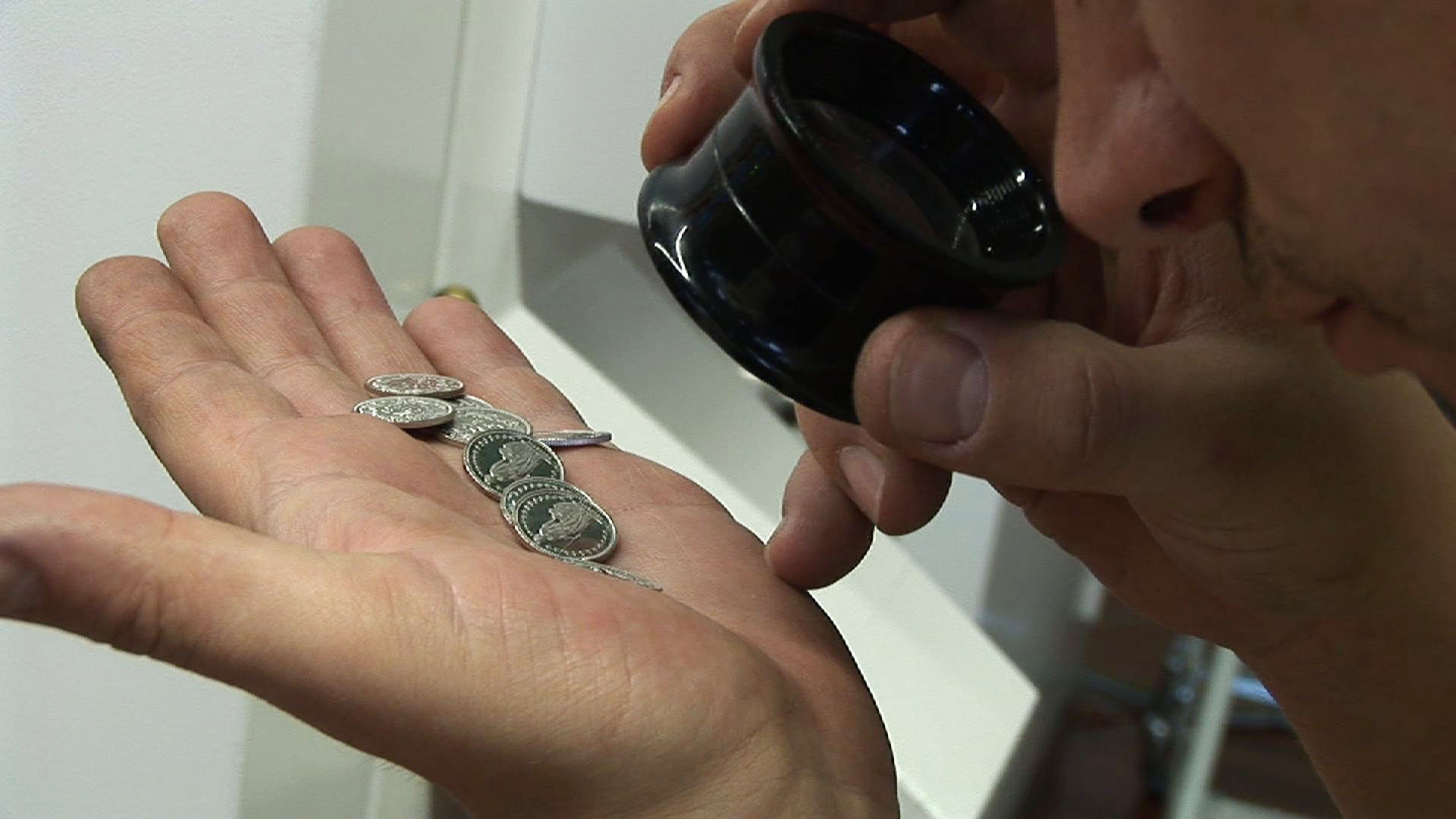EU urged to tackle euro slide

Tough measures should be imposed on debt-ridden countries to halt the decline of the euro currency, a group of leading economists has recommended.
The euro fell 17 per cent against the Swiss franc last year and looks set to remain depressed as European Union member states struggle to make ends meet. Swiss exporters have seen profits eroded as the cost of their goods spirals in Europe.
Although Switzerland is playing no direct role in bailing out Greece and Ireland, it agreed on Tuesday to increase its contribution to the International Monetary Union’s emergency loan facility, from SFr2.5 billion ($2.7 billion) to SFr18 billion ($19.5 billion).
Much of the EU’s debt problem could be attributed to member states ignoring commitments to keep spending levels down to sustainable levels, according to a report by the European Economic Advisory Group (EEAG).
Despite signing up to the Maastricht Treaty and the Stability and Growth Pact, many EU states simply ignored commitments to keep debt below 60 per cent of economic output and at no higher than three per cent of gross domestic product (GDP).
Misplaced confidence
“Had the Maastricht Treaty been applied as was intended and everyone had followed those rules, I predict we would not be in the current situation,” Jan-Egbert Sturm, head of the KOF Swiss Economic Institute and chairman of the EEAG, told swissinfo.ch.
“Over the course of time the treaty has been weakened and softened on many fronts and it is now a paper tiger without value.”
EEAG research shows that various EU member states have allowed debt to rise above 60 per cent of GDP on 97 occasions since 1999. Only 29 of these defaults occurred during the recession, but the EU has never imposed penalties.
The EU and its member states simply had too much confidence in the strength of the monetary union, believing that the euro could never run into the difficulties it is now facing, according to the EEAG.
This over-confidence led to a false belief that all government debt held the same risk – a misconception that has come back to haunt the EU.
Tear up bonds
“All of a sudden, cheap credit at lower real and nominal interest rates had become available to the countries of Europe’s periphery, in particular the GIPS countries (Greece, Ireland, Portugal and Spain),” the EEAG reported.
The flow of cheap credit fuelled construction and created housing bubbles, while some countries “borrowed excessively and boosted domestic demand via extraordinary increases in government salaries and public transfers”.
The EEAG has urged the EU to get tougher on delinquent countries in future and to impose stiff penalties on those states that fail to manage their finances.
The independent group of seven economists, representing top universities in Europe, also laid out a three point plan to deal with the problems faced by Greece and Ireland – and possibly other countries to come.
The most controversial part would compel countries to tear up bonds they have issued and replace them with new bonds that are worth up to 50 per cent less to existing investors.
Swiss profits lost
But Sturm insisted that the stringent rules would be necessary to alleviate panic in the financial markets that drove up the cost of servicing country debt to unsustainable levels in Greece and Ireland.
“We know that financial markets over-react,” he told swissinfo.ch “Our plan would ensure that these over-reactions would be ruled out by setting limits on the size of government bond haircuts.”
Swiss exporters would certainly welcome a break in the current cycle of EU debt problems and a rise in the value of the euro.
Last month, the manufacturing umbrella group Swissmem warned that the worst effects of the weak euro were yet to hit companies. Almost half of the group’s 290 members said margins were reduced by at least six per cent last year in an industry that commands average margins of between six and eight per cent.
“We can’t simply say it is a European problem that we do not have to worry about it, because whatever happens in Europe will have consequences for a small open economy like Switzerland,” Sturm told swissinfo.ch.
“The strength of the Swiss franc is partially reflected by the weakness of the euro, and that is a consequence of a lack of proper fiscal management within the EU.”
The European Economic Advisory Group was set up in 2001 as an independent research group and think tank.
Professor Jan-Egbert Sturm, head of the KOF Swiss Economic Institute – a part of Zurich’s Federal Institute of Technology – currently chairs the panel of seven economists.
The other representatives are from Cambridge and Oxford universities in Britain, the universities of Stockholm, Munich, Toulouse and the IESE Business School – part of the University of Barcelona.
This year, EEAG produced its tenth annual report on the economic status of the European Union.
The report predicts that the world economy grew by 4.8% last year, but is expected to slow to 3.7% in 2011 as fiscal stimulus measures by various governments expire.
World trade increased by 12% in 2010, according to the report, but will sink to half that rate this year.
European GDP growth remains sluggish and will fall to 1.5% this year compared with 1.8% in 2010.
EU economic output will be held back by Greece, Portugal, Italy, Spain and Ireland, the report concludes.

In compliance with the JTI standards
More: SWI swissinfo.ch certified by the Journalism Trust Initiative





You can find an overview of ongoing debates with our journalists here. Please join us!
If you want to start a conversation about a topic raised in this article or want to report factual errors, email us at english@swissinfo.ch.